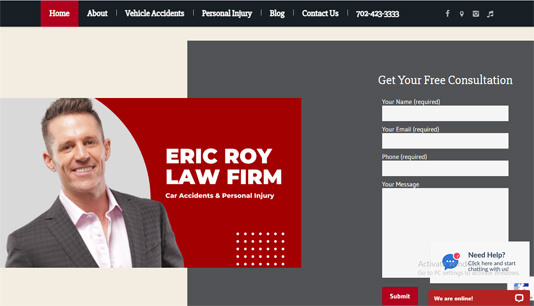Respondeat Superior is a key aspect of many personal injury lawsuits. This legal doctrine holds employers liable for the wrongdoings of employees within their scope of employment, making an experienced lawyer invaluable when representing clients injured by tortfeasors to assess whether their case meets criteria for vicarious liability. Eglet Adams attorneys specialize in mass torts where multiple plaintiffs have been affected by one person or company as Respondeat tort attorney in Las Vegas.
Recent case law from Nevada courts illustrates how it has chipped away at one essential element of respondeat superior. In Wood v. Safeway, the Supreme Court of Nevada determined that any employee engaging in sexual conduct such as raping a mentally retarded female employee was outside their employment duties and did not fall under the purview of respondeat superior.
The Supreme Court based their ruling on the concept that an employer is held liable for the actions of their employees when performing tasks on behalf of that employer. According to law, an employee’s scope of employment includes “common and usual activities necessary for him or her to carry out their work for their employer”. Traditionally, courts have held that an employee must be engaged in his or her course and scope of employment in order to be held liable under respondeat superior.
In this instance, an employee was acting within his or her scope of employment when they assaulted a female customer of the hotel. While such actions might not normally occur during employment, this employee must have known they could engage in such conduct and must have informed their superiors accordingly.
This case highlights the difficulty associated with determining what lies within or outside the scope of an employee’s employment. A judge or jury must consider several factors before reaching their decision whether or not an alleged act by an employee falls within or outside their scope of duty.
An important element of any analysis involves determining whether or not an activity was “frivolous”, meaning personal and unrelated to their employment. A judge or jury must then assess if the action taken are connected to or incidental to their employer’s business activities.
If the employee’s act was outside of their duties, their employer is not liable under respondeat superior. However, according to the Supreme Court’s analysis, an employer could still be held liable if it could be shown that this action was reasonably foreseeable by them.
When an employee commits an intentional tort, it does not fall under respondeat superior. Instead, intentional torts require a higher standard of proof than negligent torts and can result in both compensatory and punitive damages for injured victims. Eglet Adams attorneys are experienced litigating cases involving intentional torts, and have successfully secured multi-million dollar verdicts and settlements on their clients’ behalf.

